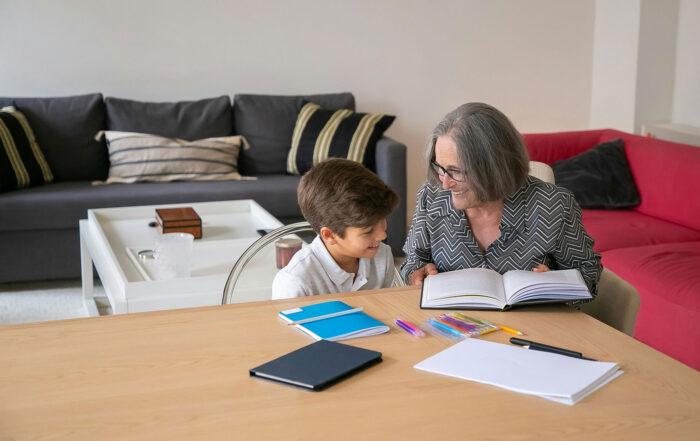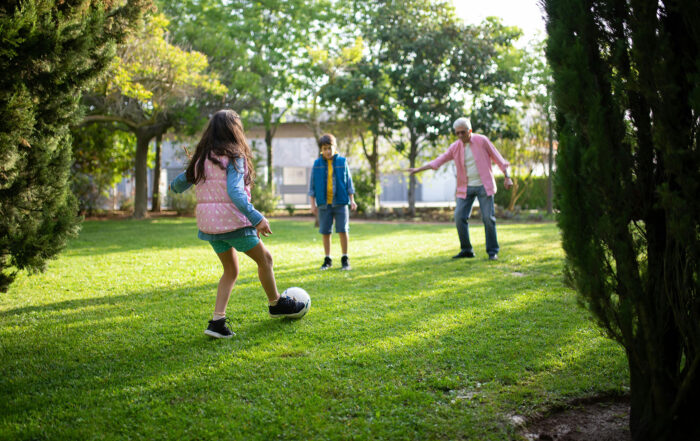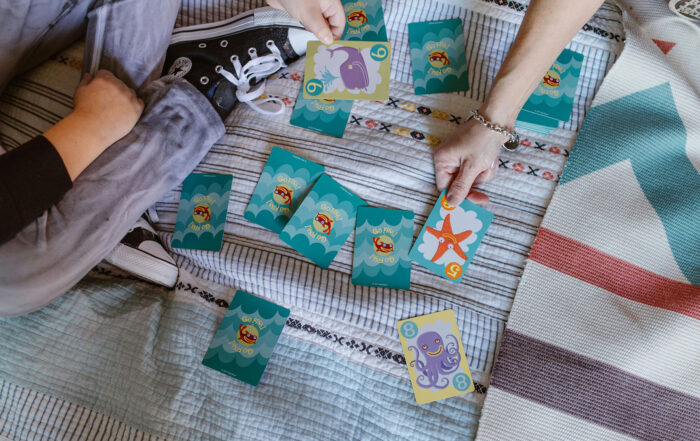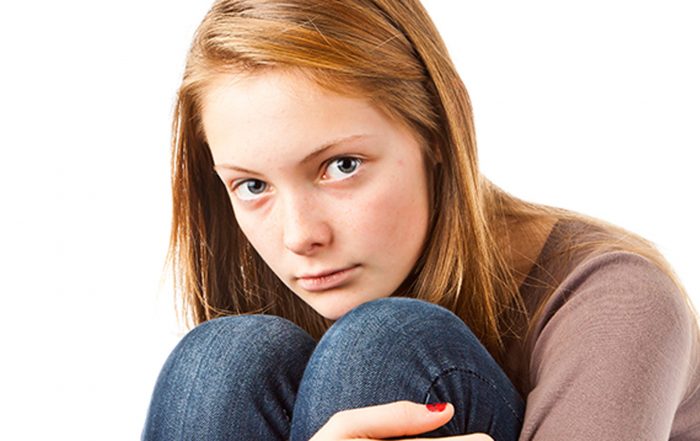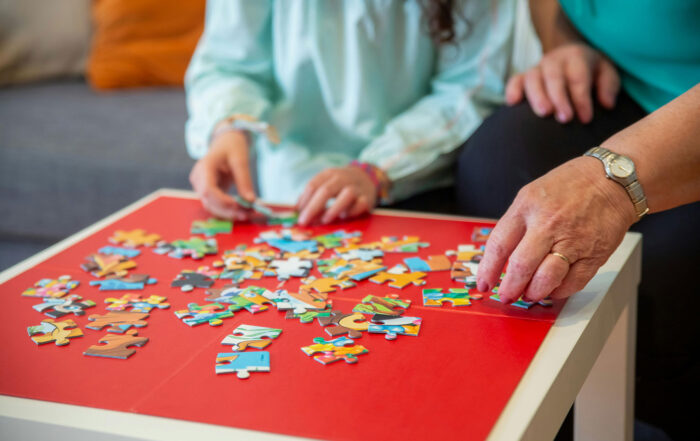
By the Center for Disease Control
The CDC-Kaiser Permanente Adverse Childhood Experiences (ACE) Study is one of the largest investigations of childhood abuse and neglect and later-life health and well-being.
The original ACE Study was conducted at Kaiser Permanente from 1995 to 1997 with two waves of data collection. Over 17,000 Health Maintenance Organization members from Southern California receiving physical exams completed confidential surveys regarding their childhood experiences and current health status and behaviors.
The CDC continues ongoing surveillance of ACEs by assessing the medical status of the study participants via periodic updates of morbidity and mortality data.
More detailed information about the study can be found in the links below or in “Relationship of Childhood Abuse and Household Dysfunction to Many of the Leading Causes of Death in Adults,” published in the American Journal of Preventive Medicine in 1998, Volume 14, pages 245–258.
“As the ACE study has shown, child abuse and neglect is the single most preventable cause of mental illness, the single most common cause of drug and alcohol abuse, and a significant contributor to leading causes of death such as diabetes, heart disease, cancer, stroke, and suicide.”
– Bessel Van Der Kolk, M.D.
Share This Post!
Breaking the Cycle of Child Abuse
By Elizabeth Hartney, PhD Child abuse is known to repeat itself from generation to generation. Although not universal, the children of people with addictions are at higher risk of all types of abuse, [...]
Four Ways Teachers Can Show They Care
By VICKI ZAKRZEWSKI If I asked you to tell me what you remembered most about your favorite teacher growing up, I bet you wouldn’t say much about the subject matter. Instead, I’d expect [...]
CDC: Childhood Trauma Tied to Poor Health
By Gaby Galvin PEOPLE WHO EXPERIENCED trauma as children are more likely to suffer severe health consequences later in life, a new federal analysis shows. Adverse childhood experiences, or ACEs, refer to potentially [...]
School exclusions are on the up – but training teachers in trauma could help
By The Conversation After years of decline, school exclusions are on the rise again, according to official figures for the Department for Education. The Timpson review, carried out by former children’s minister [...]
How Trauma Affects Kids in School
By Caroline Miller We tend to think of trauma as the result of a frightening and upsetting event. But many children experience trauma through ongoing exposure, throughout their early development, to [...]
10 Things About Childhood Trauma Every Teacher Needs to Know
By Starr Commonwealth With grief, sadness is obvious. With trauma, the symptoms can go largely unrecognized because it shows up looking like other problems: frustration; acting out; difficulty concentrating, following directions, or [...]



